detail profile nelo risi

Riwayat Hidup
Nelo Risi (21 April 1920 – 17 September 2015) was an Italian poet, film director, translator and screenwriter, brother of cinematographer Fernando Risi and director Dino Risi.
Info Pribadi
Peran Yang Di Mainkan Nelo Risi
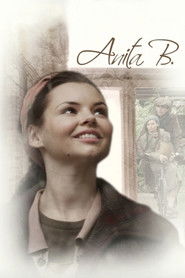 After World War II Anita a...
After World War II Anita a...Anita B. 2014
After World War II, Anita, a young survivor of Auschwitz, becomes involved in an intense and passionate affair that almost shatters her until she gains the strength to start a new life.
 Heinz is a German soldier stationed...
Heinz is a German soldier stationed...Flashback 1969
Heinz is a German soldier stationed as a sniper overlooking his own army from a tree. When he falls asleep, his troops are gone and he is left alone to defend the incoming enemy invasion. Flashbacks recall his wartime experiences and his transition from a human being into a sadistic murderer and rapist.
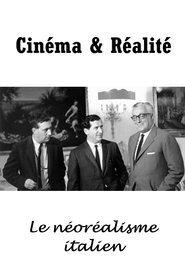 In this documentary giants of italian...
In this documentary giants of italian...Cinéma et Réalité 1967
In this documentary, giants of italian cinema such as Rossellini, De Sica, Fellini and Zavattini talk about the importance of cinema after WW2, and about huge moments of social rebellion. This movie gives the floor to the creators of italian neorealism.
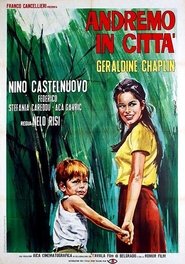 Andremo in citt Well Go to...
Andremo in citt Well Go to...We'll Go to the City 1966
"Andremo in città" (We'll Go to the City) is a 1966 Italian drama film directed by Nelo Risi. It is based on the novel of the same name by Edith Bruck, Risi's wife. Bruck, a Hungarian concentration camp-survivor, settled in Italy after the Second World War and wrote about her experiences in autobiographical and fictional formats.[1] The film stars Geraldine Chaplin and Nino Castelnuovo.
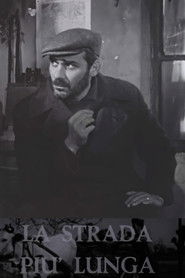 Michele a bourgeois intellectual adhered tofascismfor...
Michele a bourgeois intellectual adhered tofascismfor...La strada più lunga 1965
Michele, a bourgeois intellectual, adhered to fascism for years. After fighting abroad, he returns home in 1943, but is now tired and refuses to join the Republic of Salò. His comrades still want him with them, but this Social Republic, imposed by the SS arms, does not convince him. The war continues and the situation does not allow one to remain neutral.
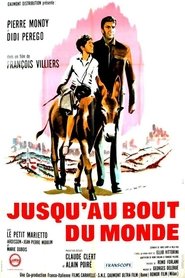 This brave lonely man who arrives...
This brave lonely man who arrives...Till the End of the World 1963
This brave, lonely man who arrives in Corsica, in a poor village, has no idea that he will have to take in this 9-year-old child whose mother has just died and of whom he is undoubtedly the father. His only hope is to find a place for the child, a place where he can get rid of his mother, a place where the child can stay, grow up, eat his fill and become a man. In this long race on foot through the mountains or by hitchhiking, they successively reject all the solutions that are offered, for the taste of freedom, which is more deeply rooted in them than that of security. This common feeling gradually brings them closer together, and after many incidents, they decide to face life and its uncertain future together.
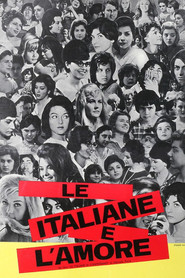 An episodic film based on letters...
An episodic film based on letters...Latin Lovers 1961
An episodic film based on letters to agony columns, showing the effect of sex on the lives of women.
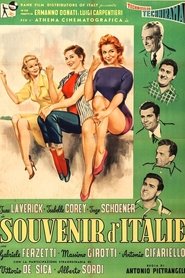 Three girls are on a hitchhiking...
Three girls are on a hitchhiking...It Happened in Rome 1957
Three girls are on a hitchhiking trip through northern Italy, the riviera, Venice, Pisa and Rome.
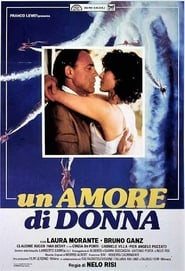
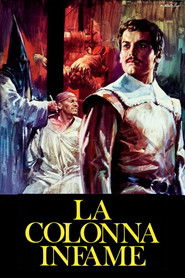 Historical drama based upon the novel...
Historical drama based upon the novel...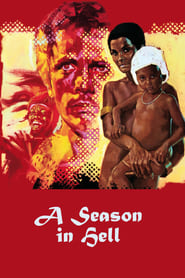 The tumultuous life of Arthur Rimbaud...
The tumultuous life of Arthur Rimbaud...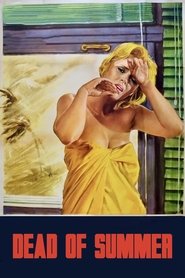 A woman left alone in Morocco...
A woman left alone in Morocco...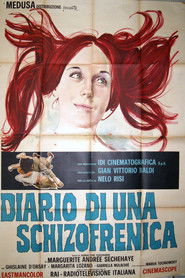 Anna is a girl who has...
Anna is a girl who has...